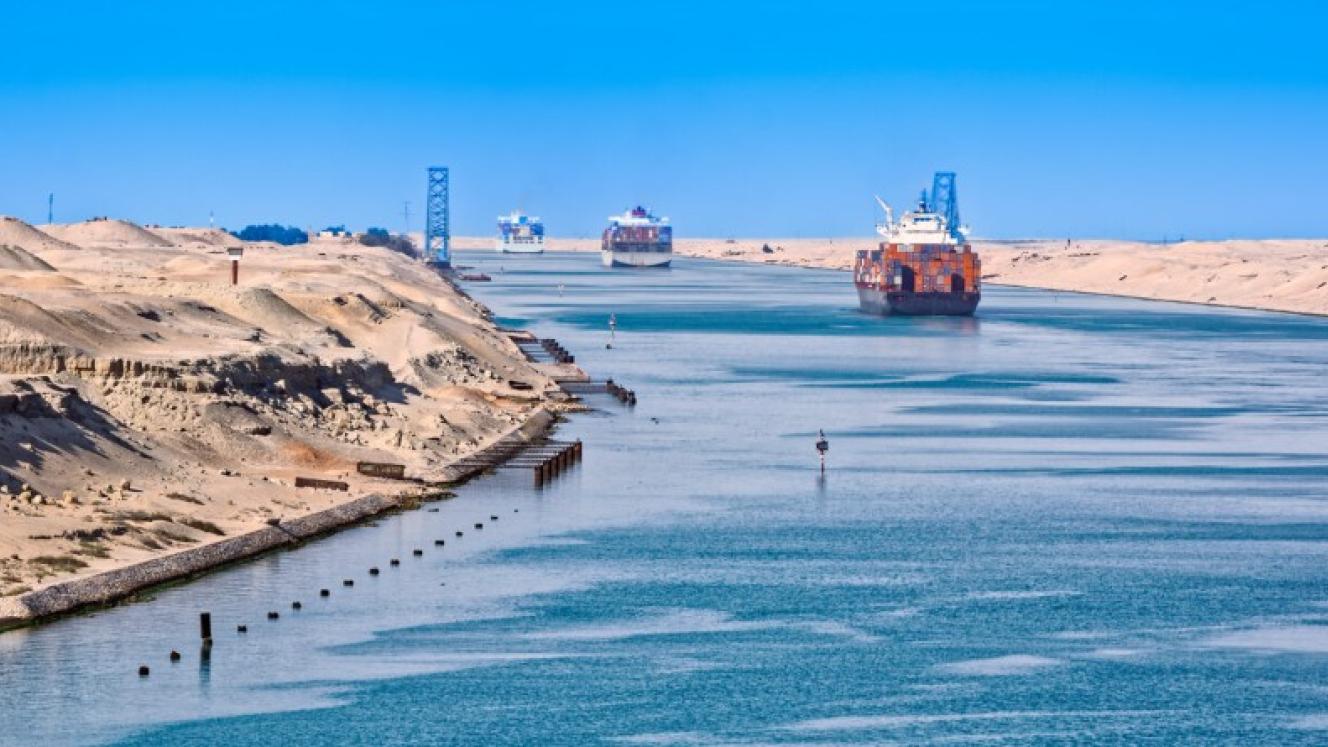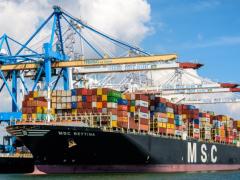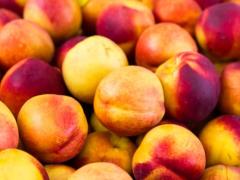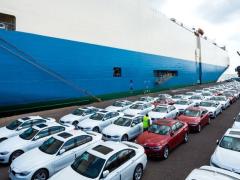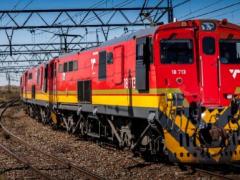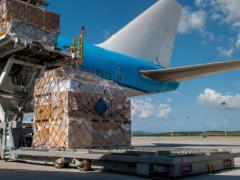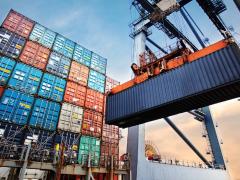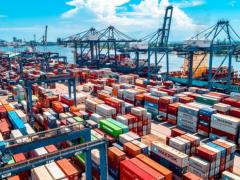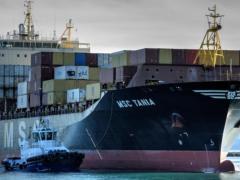A worldwide slowdown, tighter global financial conditions, and a dramatic pickup in global inf lation are adding to Africa’s woes, as the continent continues to battle debt amidst rising food and energy prices.According to Duncan Bonnett, a partner at Africa House, it is a mixed basket when one looks at the continent, with some countries challenged far more than others. “There is a little of everything when one looks at Africa at the moment,” he told Freight News. “It is good, it is bad and there is uncertainty. Several countries on the continent are stressed, with public debt and inf lation at levels not seen in decades.”He said the sharp rise in oil and grain prices only pushed countries closer to the edge. “It is very difficult in these circumstances to make predictions. The outlook for Africa is very closely tied to developments in the global economy – and that is very uncertain at the moment.”He said with the post-Covid recovery not picking up as was expected because of aspects such as the disruption in the global logistics chain, many countries were still extremely vulnerable. These debt-stressed economies were being hampered even more by rising inf lation. “On the other side, there are several countries that have managed to do well during these trying times. Countries that are major exporters of commodities, particularly oil and gas, copper and cobalt, have very prosperous outlooks, and with demand for minerals expected to increase, they are in a very good position,” said Bonnett. “Then, of course, there are also several countries that are just sitting in between these two scenarios, and are not in an extremely negative situation but neither very positive.”According to the International Monetary Fund (IMF), African governments need to reduce their vulnerabilities within this challenging environment and build future resilience.The IMF estimates that sub-Saharan Africa will grow by 3.6% in 2022 – more than one percentage point slower than 2021, mainly due to the worldwide slowdown, tighter financial conditions, and volatile commodity prices.Raising concern about Africa’s debt and inf lation, in particular, Abebe Aemro Selassie, director of the IMF’s African department, said the turmoil came on top of a prolonged pandemic, leaving authorities with their most difficult and uncertain policy environment in years. “Late last year, sub-Saharan Africa appeared to be on a strong recovery path out of a long pandemic. Unfortunately, this progress has been abruptly interrupted by turmoil in global markets, placing further pressures on policymakers in the region,” he said.The IMF projects that non-resource-intensive countries, which enjoy a more diverse economic structure, will continue to be among the region’s more dynamic and resilient economies, growing by 4.6% in 2022, compared to 3.3% for oil exporters and 3.1% for other resource-intensive countries.Bonnett said countries struggling included Ghana, which was in a “particularly lousy position at the moment in terms of its debt”, Zimbabwe, Chad, Congo Brazzaville, both Sudan and South Sudan, as well as Somalia.On the other side of the spectrum, countries that were holding their own and drawing positive interest included Angola, Mozambique, Namibia, the Democratic Republic of the Congo and Tanzania.
Rising inflation hampers debt-stressed economies
Comments | 0
